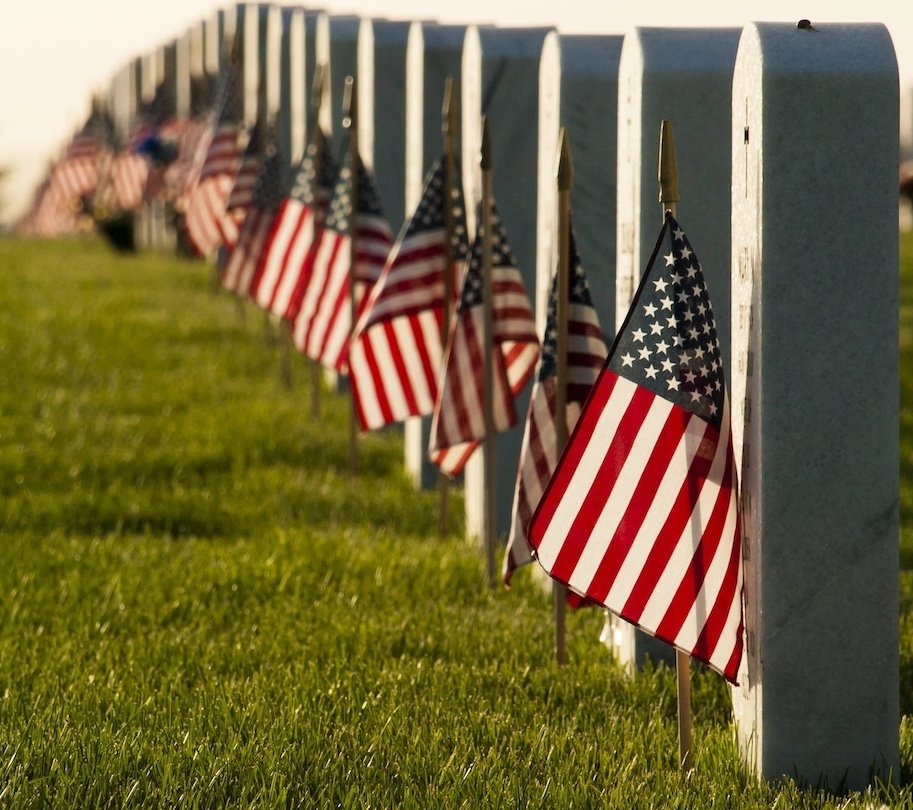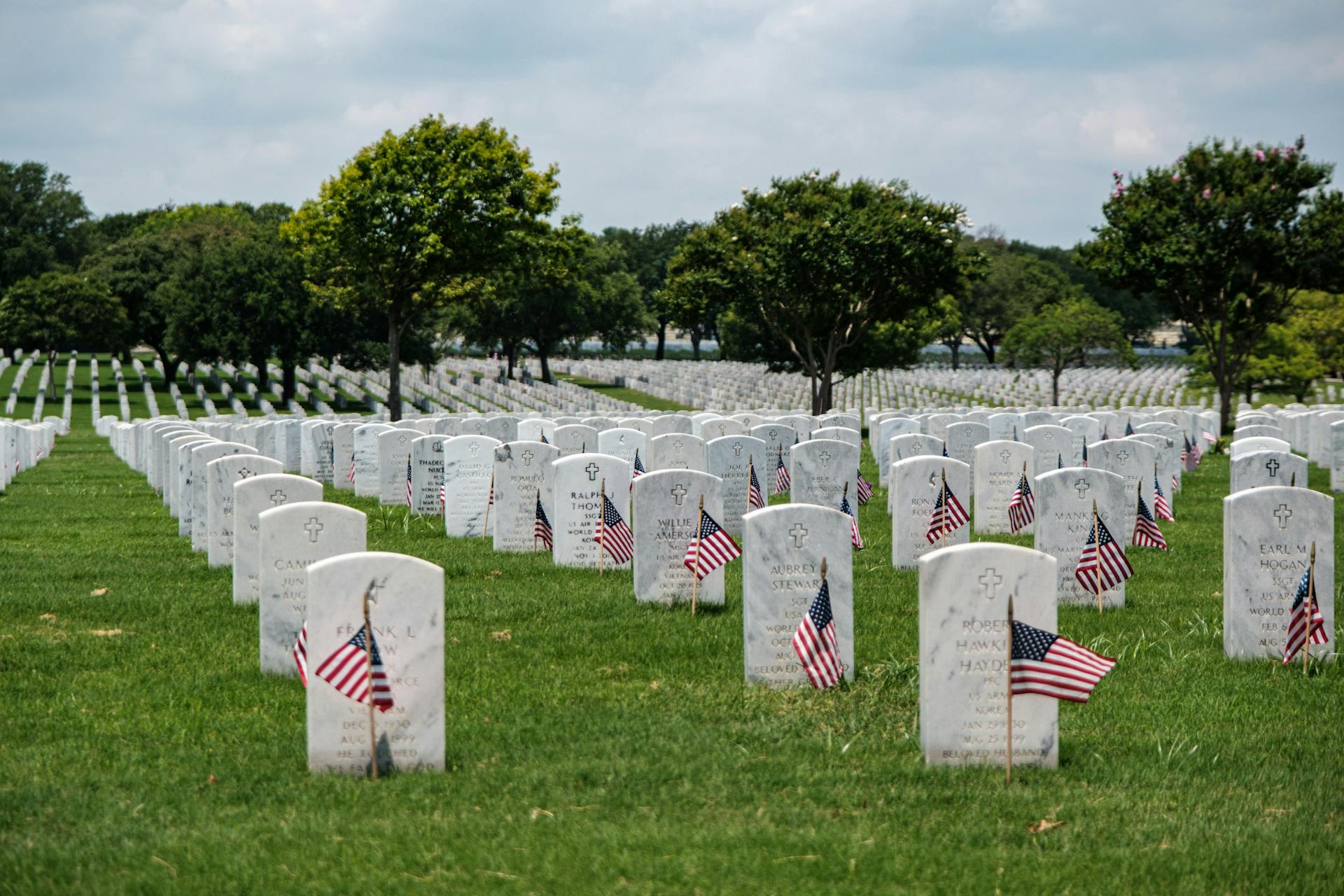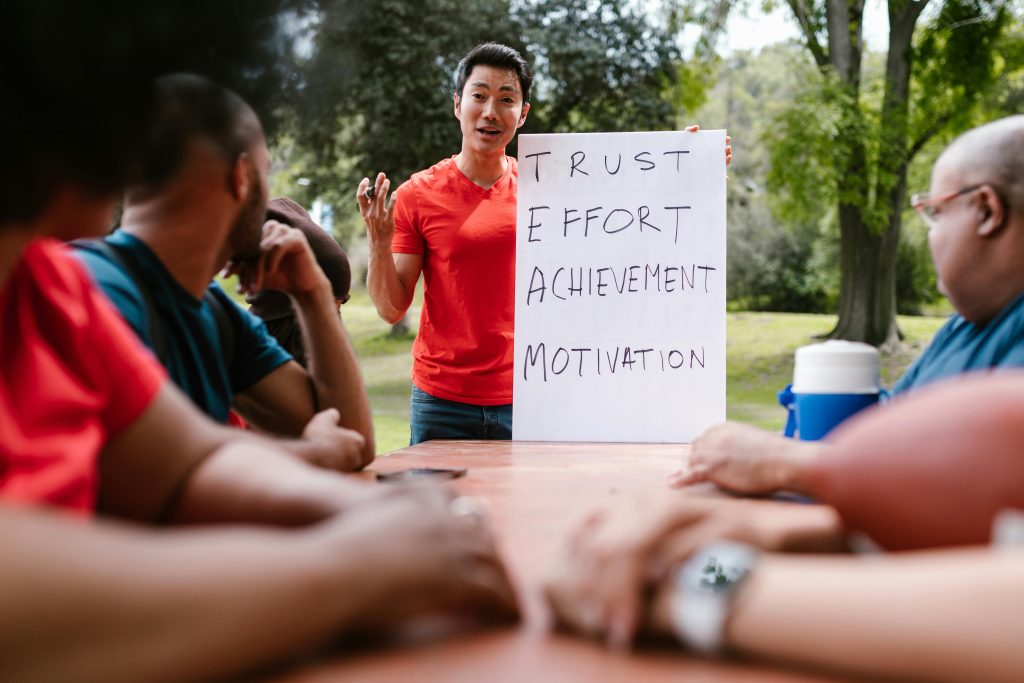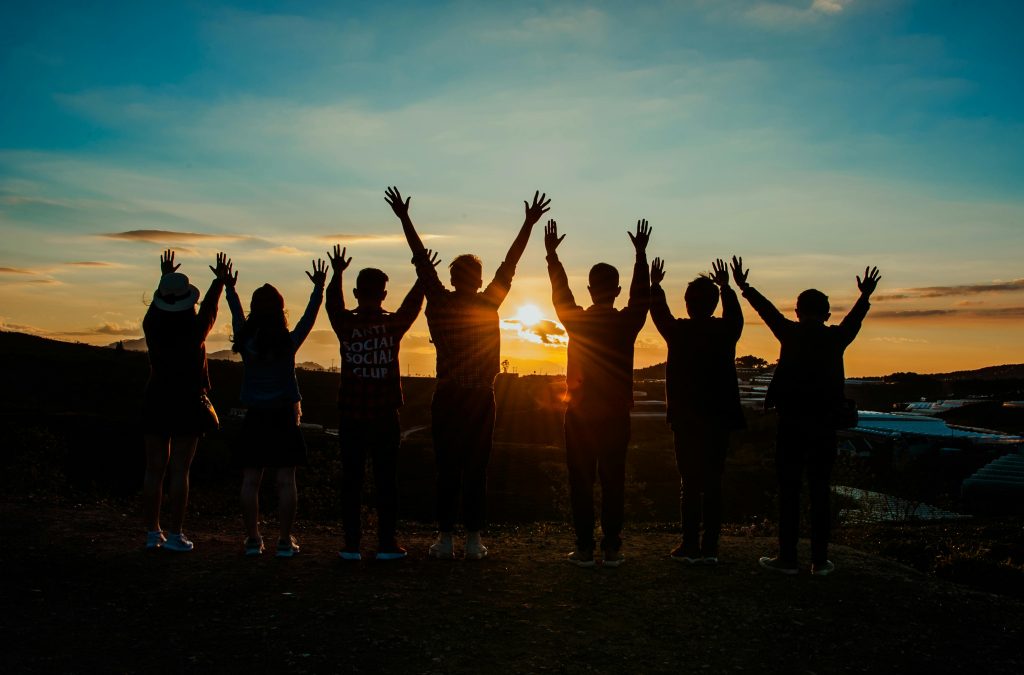I often get asked how I ended up having my own National Public Radio program. It’s called For the Fallen: A Hearing Voices Special for Memorial Day, which first aired in 2007.
Much like the Sochi Olympics gig that I got with NBC, this opportunity with NPR came about thanks to a book I had contributed to. The book, Operation Homecoming: Iraq, Afghanistan, and the Homefront in the Words of U.S. Troops and Their Families, was published by Random House. It was part of a major initiative by the National Endowment for the Arts (NEA) that aimed to encourage service members and their families to share their wartime experiences.
The premise behind the project was simple: storytelling is one of the most effective ways to process and make sense of the emotions that come from war. For many, the act of telling their story provided a powerful outlet for dealing with PTSD or making sense of the complex jumble of emotions, events, and horrors that happen during combat. For most of us, it was a cathartic experience that allowed us to process and speak about things that we couldn’t in any other way – and in a manner that had lasting meaning – which was really important for us.
Because it was really hard to talk about those events and therefore we avoided it. But the things we saw – and the people who died deserved to have someone tell their story. Unlike most of the people included in the book, I’d already been through a war and multiple rotations for peacekeeping or other combat-like operations and I was still trying to deal with all those thoughts from the previous 15 years that I’d buried so deep I’d forgotten about them – except for the occasional nightmare. .
I mean, really, how does anyone find a way to talk about what it’s like to scream “stop!” at the top of your lungs over and over at an ally slowly extending their foot to touch a mine because it looks like a toy and therefor couldn’t be real – only to watch them disintegrate before your eyes in a bubble-gum cloud?
How do you find a way to express the train wreck of conflicting emotions when you see the most beautiful woman you’ve ever seen … dead, naked, her eyes open and flies crawling across her eyeballs.

So the initiative was important because it gave those of us who served an outlet to share the experiences we kept so deeply buried. I was a grad student at the time, far removed from the military bases where the NEA had sent famous authors like Tom Clancy and Mark Bowden to work directly with service members. I had no direct mentorship or guidance, but I still submitted my work because I felt like I needed to contribute to the project – to give a voice to those events – and I was honored to have a few of my pieces selected for the book.
I believe there were over 10,000 submissions, but fewer than 200 were chosen for publication. It wasn’t just about getting the anthology published —the book represented something larger. The Operation Homecoming project became a significant part of the historical record, with a copy added to the National Archives as an important piece of literature and a firsthand account of modern warfare.
The Washington Post ran an excerpt from one of my pieces as part of a front-page feature in their Sunday Style section. The book became a big deal, largely because it was the first time the NEA had launched a project like this. The Post article wasn’t just a review; it was a story about how this collection of veteran experiences had become something much larger—a literary snapshot of war through the eyes of those who lived it.
When the book was officially released, they held a launch party at the National Archives. For someone like me, who was used to doing my job quietly, it felt a bit overwhelming. The event was a grand affair, with many of the Washington elite in attendance. I wore my dress uniform, as did many others who were still on active duty, and for a few hours, it felt like I had been transported into a completely different world. It was one of those moments where I got a glimpse of what it must be like to be a celebrity, if only for a night.
During the event, a senior producer from NPR approached me. He’d read my work and asked if I’d be interested in expanding on the theme to create a one-hour special for Memorial Day. I had no idea what that would entail, but it felt like too important an opportunity to pass up. After all, how many people get the chance to create something meaningful and have it broadcast across the nation?
The project turned out to be more involved than I initially expected. I thought it would be a quick in-and-out studio session, but it ended up taking more than a month just to select what to include. I was still on active duty so I spent my days working and my nights piecing together the program. As the host, NPR gave me free rein to decide what the program would include. I used the pieces I’d written that the producers liked, along with a variety of other works—some from famous authors and artists, as well as lesser known writers and artists that (in my opinion) deserved to be heard.
There was so much material to sift through—poems, songs, essays, and sound clips from all kinds of sources. One of the pieces I included was “My Dead Ass,” part of a Vietnam veteran’s collection called “Zippo Songs.” I also featured letters from Civil War soldiers and some other really powerful pieces that were included in the Operation Homecoming book. My job was to organize all of these into a cohesive narrative that would resonate with listeners on Memorial Day.
The producers gave me enough material to create 4 or 5 programs so It took weeks of late nights to figure out what worked together, what didn’t, and how to structure the show. Once I’d made my selections and put them in order, I went to NPR Studios in Washington, D.C. to record my introductions and to talk more about the importance of the “holiday.”. As the host and narrator I provided context for each piece and offered some thoughts on Memorial Day itself. I took time to explain the traditions surrounding the day—how it differs from Veterans Day, the origins of the song “Taps,” and the significance of the day to so many service members and their families.
The show was only expected to air for one year, but it proved to be much more popular than anyone anticipated. NPR continued to air it nationally for at least five years, and even now, many stations around the country still broadcast it on Memorial Day. It’s an incredible honor to have been part of something that had such a lasting impact.
Memorial Day has always been hard for me, especially because of the friends and comrades I’ve lost over the years. Survivors’ guilt is a real thing, and it never goes away. Creating For the Fallen allowed me to memorialize them in a way that felt deeply personal and give their stories the gravitas they deserved – and the opportunity to share their stories with a wider audience. The program isn’t just about honoring the fallen—it was about connecting people to the stories and memories that define this day to help people really understand what Memorial Day is all about. It was an amazing project and I’m proud that radio stations across the country still play it every year.
Listen here:




